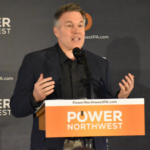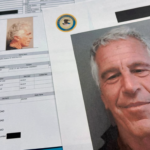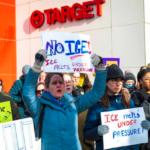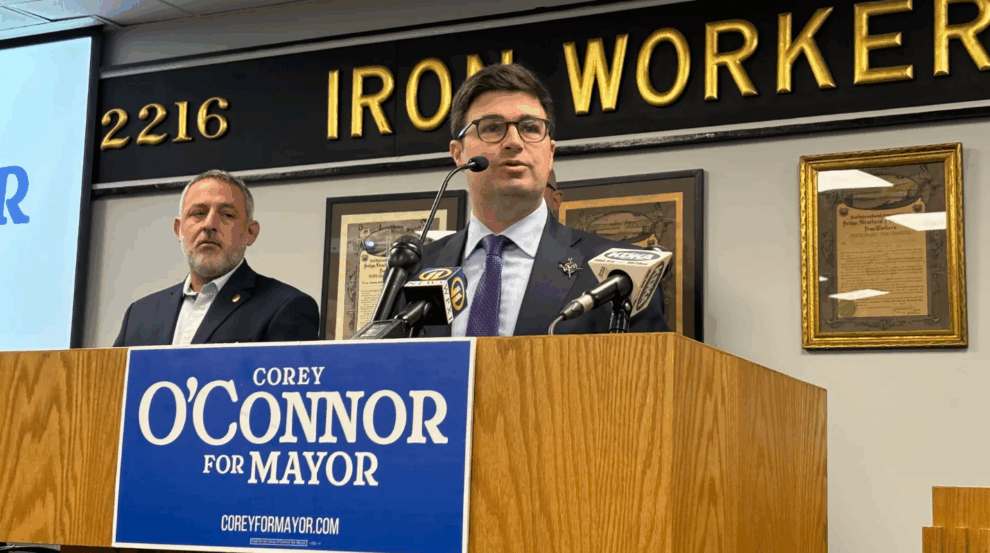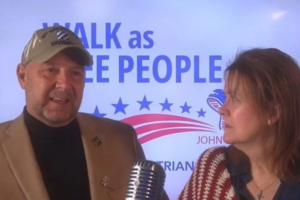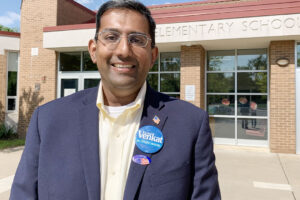Weeks before Election Day, O’Connor had a 60-to-1 campaign cash advantage.
In a decisive victory that blends political legacy with a promise of pragmatic reform, Democrat Corey O’Connor was elected Tuesday as Pittsburgh’s 62nd mayor, succeeding Ed Gainey and returning the O’Connor name to the office for the first time in nearly two decades. The Allegheny County Controller and former City Council member captured more than 85% of the vote against Republican Tony Moreno, marking a generational milestone in a city that hasn’t elected a Republican mayor since 1933.
The Associated Press called the race for O’Connor just 26 minutes after polls closed, reflecting his commanding advantage from early mail-in ballots and broad support across the city’s Democratic base. His campaign, rooted in themes of collaboration and fiscal responsibility, drew heavily on labor support and contributions from civic and business leaders — a coalition that helped him unseat incumbent Gainey in the Democratic primary last spring.
At an exuberant victory party at the IBEW Local #5 hall on the South Side, O’Connor addressed hundreds of cheering supporters. “I am humbled and honored by your faith in me,” he said. “No matter who you supported tonight, we are united in the fight for a safer, more transparent, and more robust city. The road we will travel is long and steeply uphill, but together, we can remake this great city.”
The win cements a moderate turn for Pittsburgh politics after Gainey’s progressive tenure. O’Connor has pledged a “back-to-basics” approach, emphasizing public safety, infrastructure, and accountability in city finances. He inherits a city facing steep fiscal challenges, including declining tax revenues, aging municipal vehicles, and the phase-out of federal COVID-19 aid. Pittsburgh’s controller recently warned the city is spending more than it takes in — a “precarious” position that could worsen without new revenues or spending cuts.
O’Connor, 41, said his first steps as mayor-elect would focus on listening to residents and assembling an experienced administration. On Wednesday morning, he launched a transition website inviting Pittsburghers to share their ideas and apply for positions in his incoming government. He also plans to name a new police chief by early December, pledging a thorough but expedited search to stabilize a department that has seen five chiefs in four years.
O’Connor confirmed that Dan Gilman, former chief of staff to ex-Mayor Bill Peduto, will hold a prominent role in his administration, signaling a return to a collaborative leadership style reminiscent of pre-Gainey City Hall dynamics. “You’re going to see a blend of people that understand Pittsburgh,” O’Connor said. “Some old, some new — people ready to serve from day one.”
On Wednesday morning, O’Connor honored a family tradition that underscored the emotional weight of his victory. Joined by his wife, Katie, and their young children, he stood at the corner of Murray and Forward Avenues in Squirrel Hill, waving a sign reading “Thank You, Pittsburgh” — the same gesture his late father, Mayor Bob O’Connor, made after his own 2005 win. Bob O’Connor served just eight months before his death from brain cancer in 2006, a loss that still resonates deeply with Pittsburghers. “It’s a way to honor his memory,” the younger O’Connor said. “We wouldn’t be here without the people of Pittsburgh.”
Beyond nostalgia, the new mayor faces immediate tests. The 2026 NFL Draft, set to take place in Pittsburgh next April, will thrust the city onto the national stage. O’Connor says he intends to use the event to “sell Pittsburgh” — showcasing its potential to attract investment, residents, and jobs.
For now, O’Connor says the celebration is over, and the real work begins. “This victory is just the beginning,” he told supporters Tuesday night. “It’s time to roll up our sleeves and deliver on the promise of progress. It’s time to believe in each other and believe in our city again.


